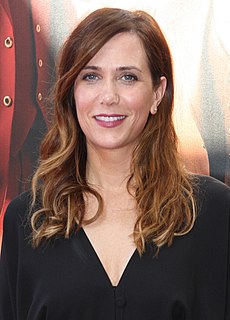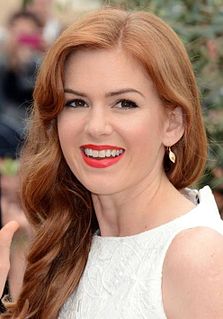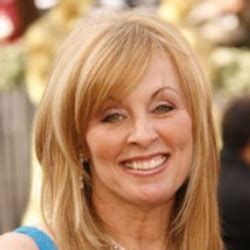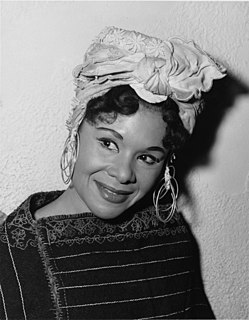A Quote by Gene Cernan
If you begin to think you're something you're not, you're looking in the wrong mirror.
Related Quotes
Don't you think it's something strange that you rarely look at yourself in the mirror, except to do things like stand and ponder? I mean, in Shakespeare's day, it was thought that the mirror would reveal something, that it is trying to tell you something - not just to tidy your hair, but something more.
If you want to know who you are, look into the true mirror. The flower will reflect your beauty. The sky will reflect your vastness. The ocean will reflect your depth. The child will reflect your innocence. But if you look into the mirror that is unconscious humanity, you are looking into the wrong mirror. Your reflection will be distorted by their projections.
One of the jobs of art is to inspire discussion, and Brokeback Mountain certainly has done that. It's like a window and a mirror. You're looking through a window at lives you may or may not have experienced. But it's a mirror in the sense we've all felt lonely; we're all, at one time or another, looking for and hoping for love.
If we can get that realistic feminine morality working for us, if we can trust ourselves and so let women think and feel that an unwanted child or an oversize family is wrong -- not ethically wrong, not against the rules, but morally wrong, all wrong, wrong like a thalidomide birth, wrong like taking a wrong step that will break your neck -- if we can get feminine and human morality out from under the yoke of a dead ethic, then maybe we'll begin to get somewhere on the road that leads to survival.
The act of writing itself is much like the construction of a mirror made of words. Looking at certain illuminated corners of or cracks within the mirror, the author can see fragments of an objective reality that comprise the physical universe, social communities, political dynamics, and other facets of human existence. Looking in certain other corners of the same mirror, he or she may experience glimpses of a True Self sheltered deftly behind a mask of public proprieties.


































